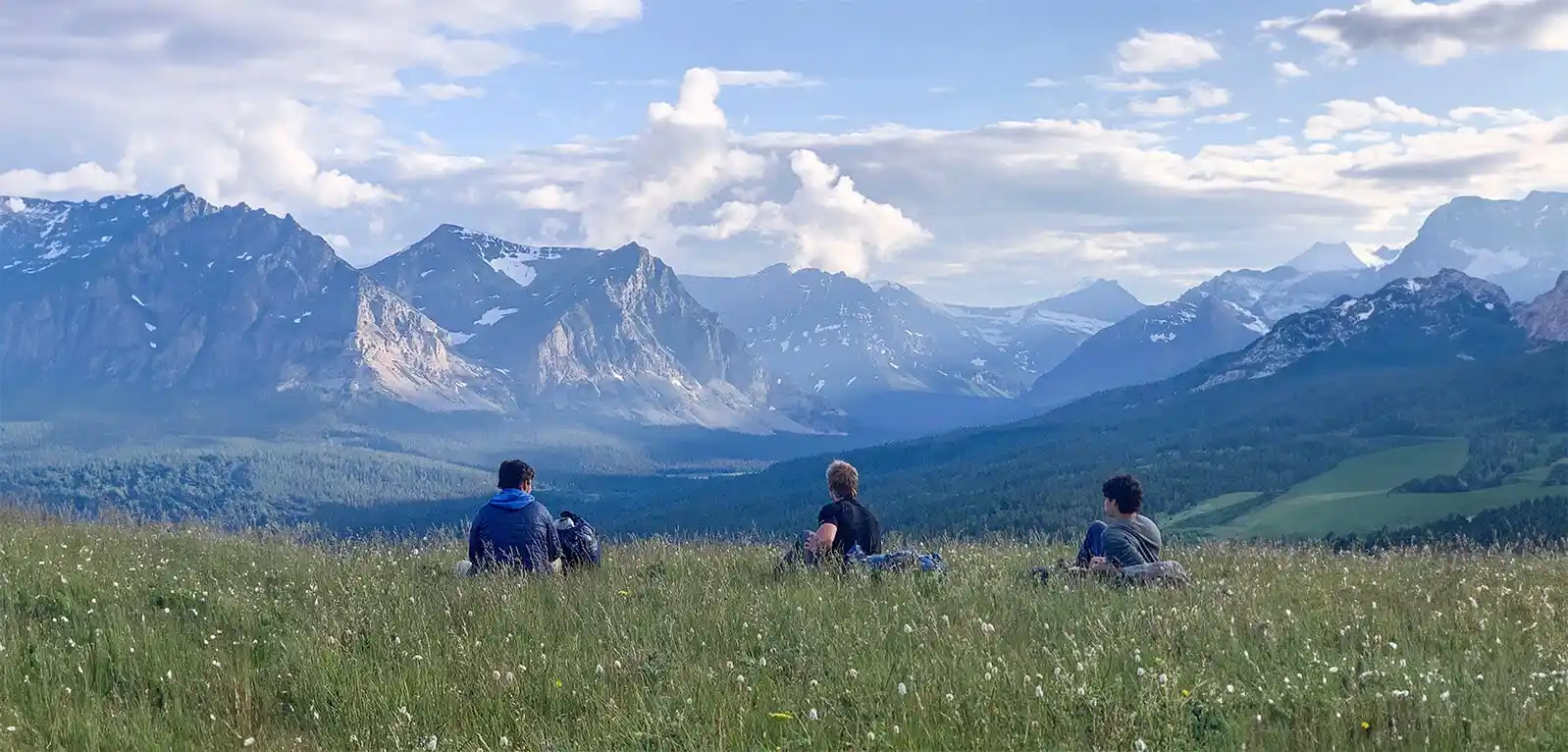High school service Location
Montana Blackfeet

Programs
Live on an iconic conservation ranch amidst the rolling hills of the Blackfeet Indian Reservation in northwestern Montana with a Rocky Mountain backdrop. Engage in diverse volunteer projects as a way to show gratitude to this honorable community for sharing their lives with us. Attend cultural ceremonies, connect with the landscape, and prepare for a powerful experience that will resonate for a lifetime.
- True Immersion, Cultural Events & Ceremonies
- Glacier National Park, Swimming Holes & Scenic Hikes
- Carpentry, Conservation, Animal Care & Social Services
Program dates
Montana Blackfeet CLOSED
Dates
June 17 - June 30
Length
14 Days
Service hours
40 - 50
Tuition
$4,590
Montana Blackfeet 2
Dates
July 5 - July 21
Length
17 Days
Service hours
60 - 75
Tuition
$5,390
Montana Blackfeet 3
Dates
July 26 - August 11
Length
17 Days
Service hours
60 - 75
Tuition
$5,390
Montana Blackfeet 1
Dates
June 17 - June 30
Length
14 Days
Service hours
40 - 50
Tuition
$4,590
Montana Blackfeet 2
Dates
July 5 - July 21
Length
17 Days
Service hours
60 - 75
Tuition
$5,390
Montana Blackfeet 3
Dates
July 26 - August 11
Length
17 Days
Service hours
60 - 75
Tuition
$5,390
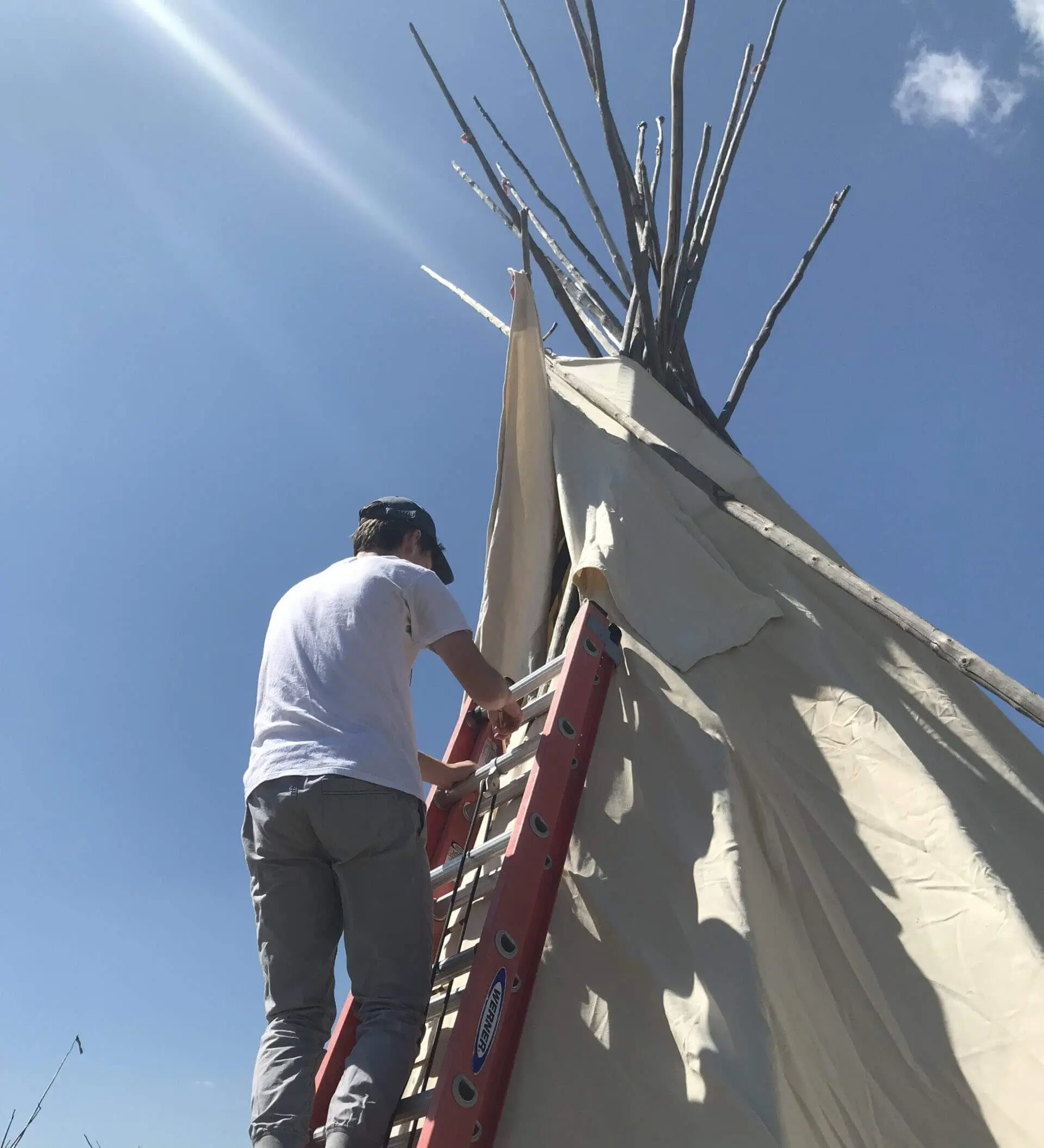
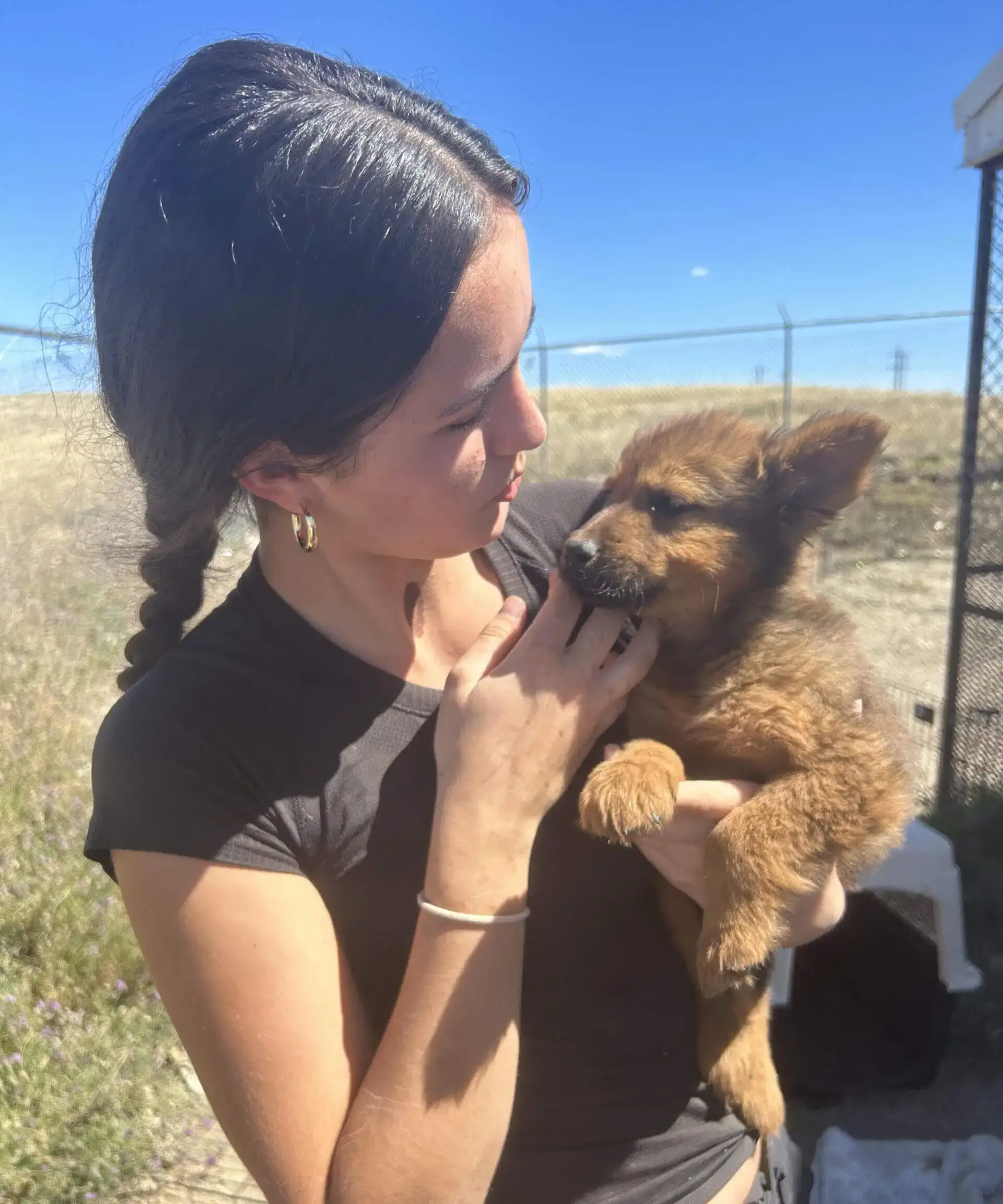
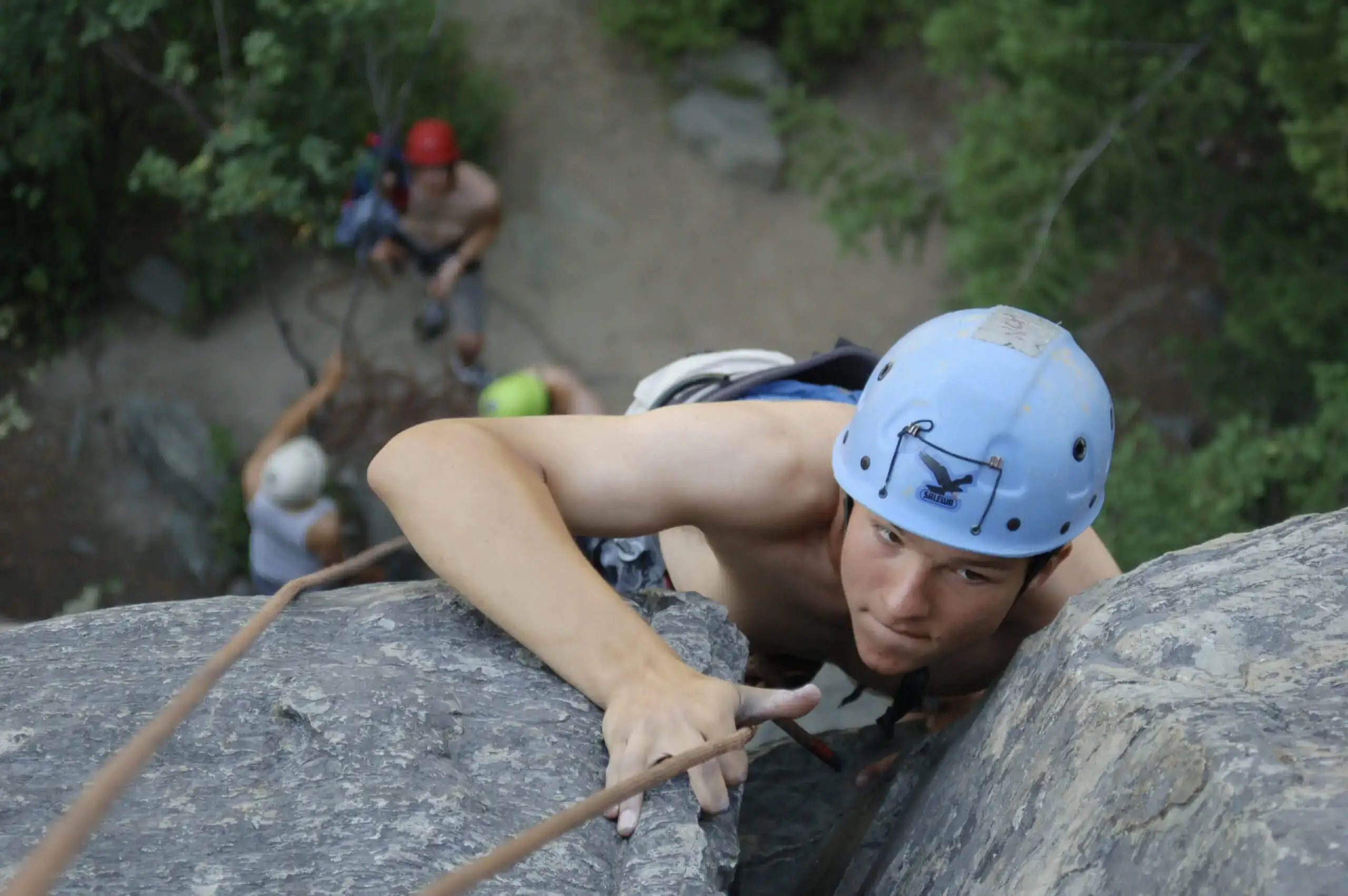
We were like one big family. I did new things, made new friends, learned about myself, and had so much fun. I have grown a lot and I brought that home with me.

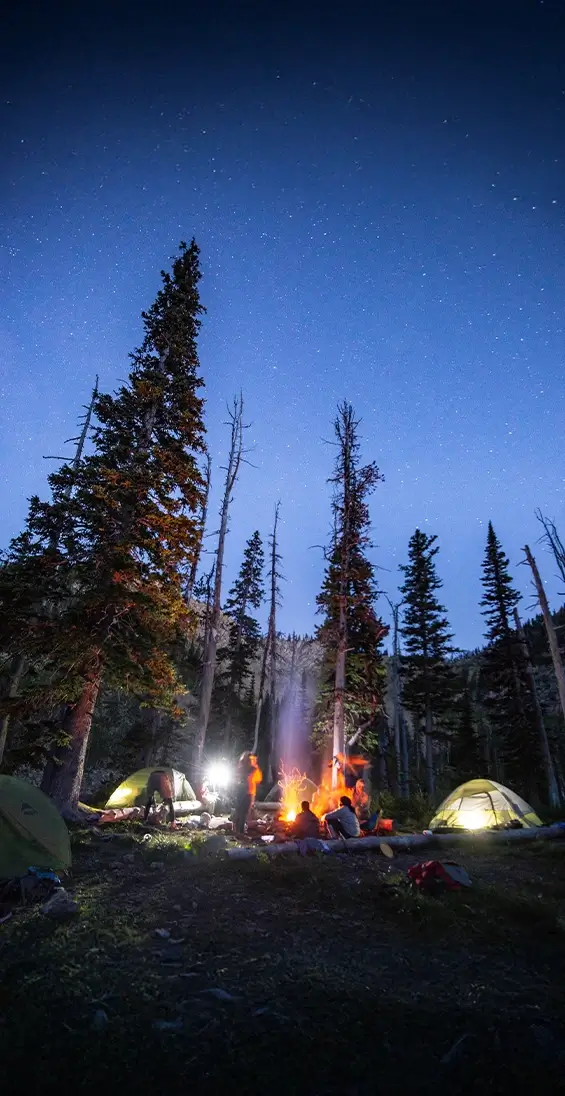
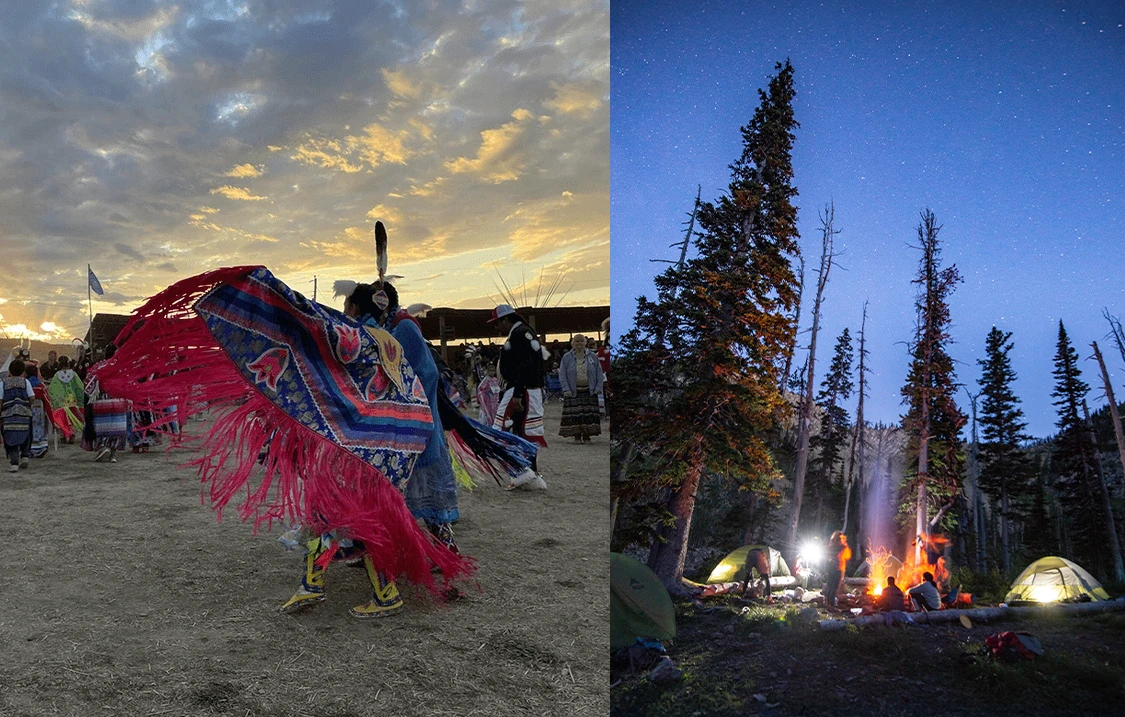
Connect deeply
Living and working with Blackfeet tribal members offers unforgettable insights into the generosity, wisdom and 10,000 year-old culture of the Plains Indians.
friends become family
Your experience with the Blackfeet Nation is enriched by three decades of partnerships that VISIONS teens have forged before your arrival. You’ll live on Blackfeet ancestral lands, where connections to each other and the land are inseparable. Respect for sacred cultural practices is an inherent part of each day and you’ll spend time with local people who warmly welcome you.
The atmosphere is family-like, beginning with gorgeous mornings and continuing throughout the day—whether at project sites, fun excursions, cookouts or campfires.
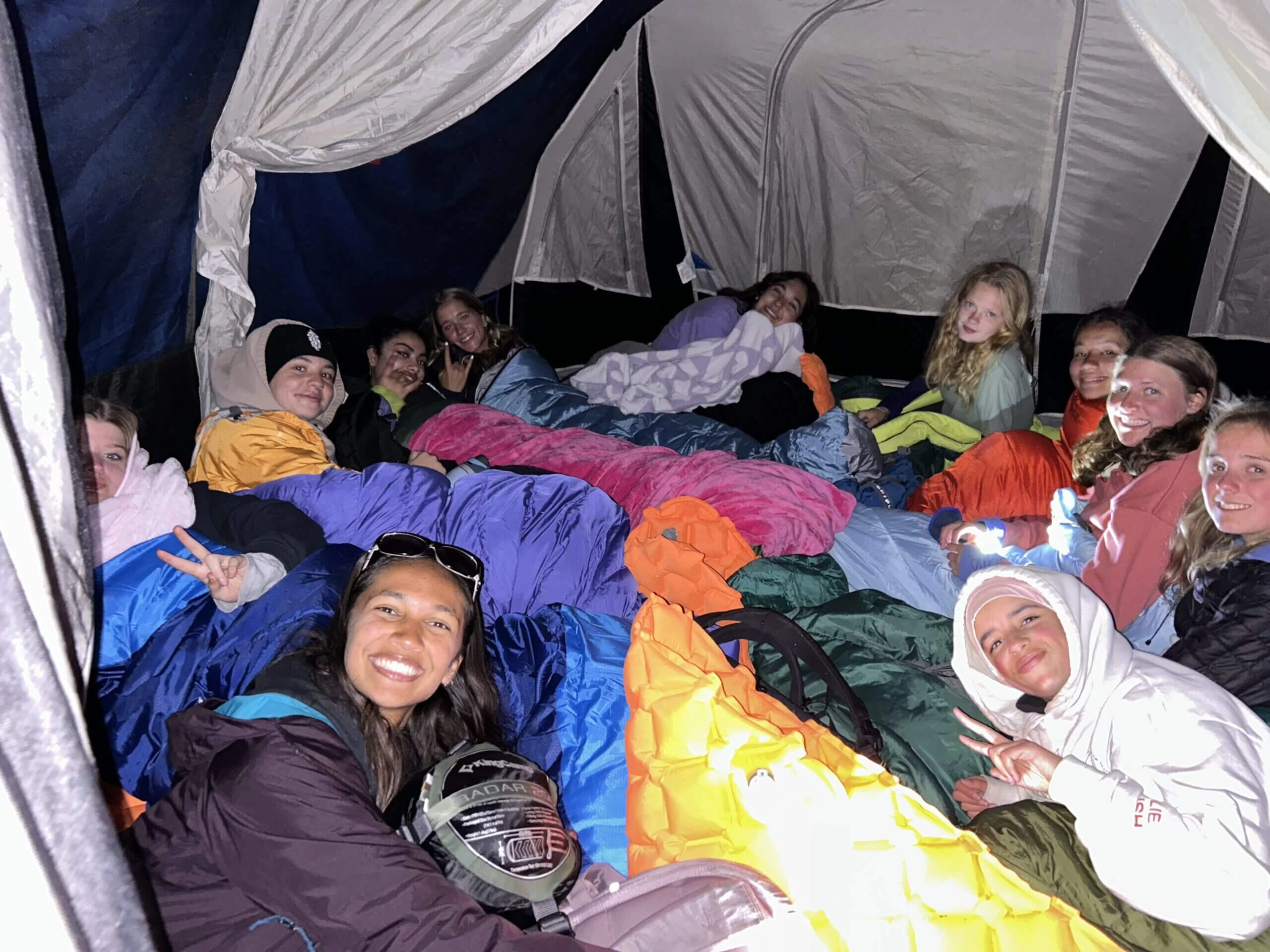
EXPLORE ADVENTUROUSLY
Under a famously big sky, Montana’s prairies, mountains, streams and glacial lakes provide an awesome launching point for adventurous fun.
Going beyond
With one of the most spectacular wilderness areas in our backyard, we take scenic hikes, spend a night camping, ride horses and do an introductory rock climb in true Montana style. There are also constant opportunities to learn about Plains Indians culture. We learn crafts from local artisans, explore the town of Browning, and spend time with tribal members who are native speakers, historians and healers.
Depending on the program session, you can attend the early-July or August Indian Days powwow, where dancing and drumming competitions, ornate regalia and teepees are a reminder of the power of resilience and tradition.
Activities & excursions
- Take Scenic Hikes & Cool Off in Mountain Streams
- Camp For a Night Under Thousands of Stars
- Attend a Powwow with Traditional Dancing & Drumming
- Horseback Ride with Blackfeet Outfitters
- Tour historic sites & Museum of the Plains Indian
- Rock Climb with Professional Guides

I loved getting out of my city lifestyle and living a simpler life that was more carefree.
Julianna Ross
WORK HARD
Service matters
With the highest percentage of Americans living below the poverty line, Indian reservations often lack adequate infrastructure and resources. Our work meets some of these needs in collaboration with local partners.
VISIONS teen volunteers use power and hand tools to build wheelchair ramps and other structures. We provide meals and interact with local kids at the Child Nutrition Program, and take on environmental initiatives ranging from removing invasive weeds to biological surveys for Glacier Volunteers.
Projects also include setting up teepee lodges for ceremonies, caretaking the conservation ranch, fostering puppies, and more.
The community service was so incredibly rewarding. We were able to personally interact with those who would benefit from the work. I loved the work, and I’m so glad that I was able to contribute to such a wonderful cause.
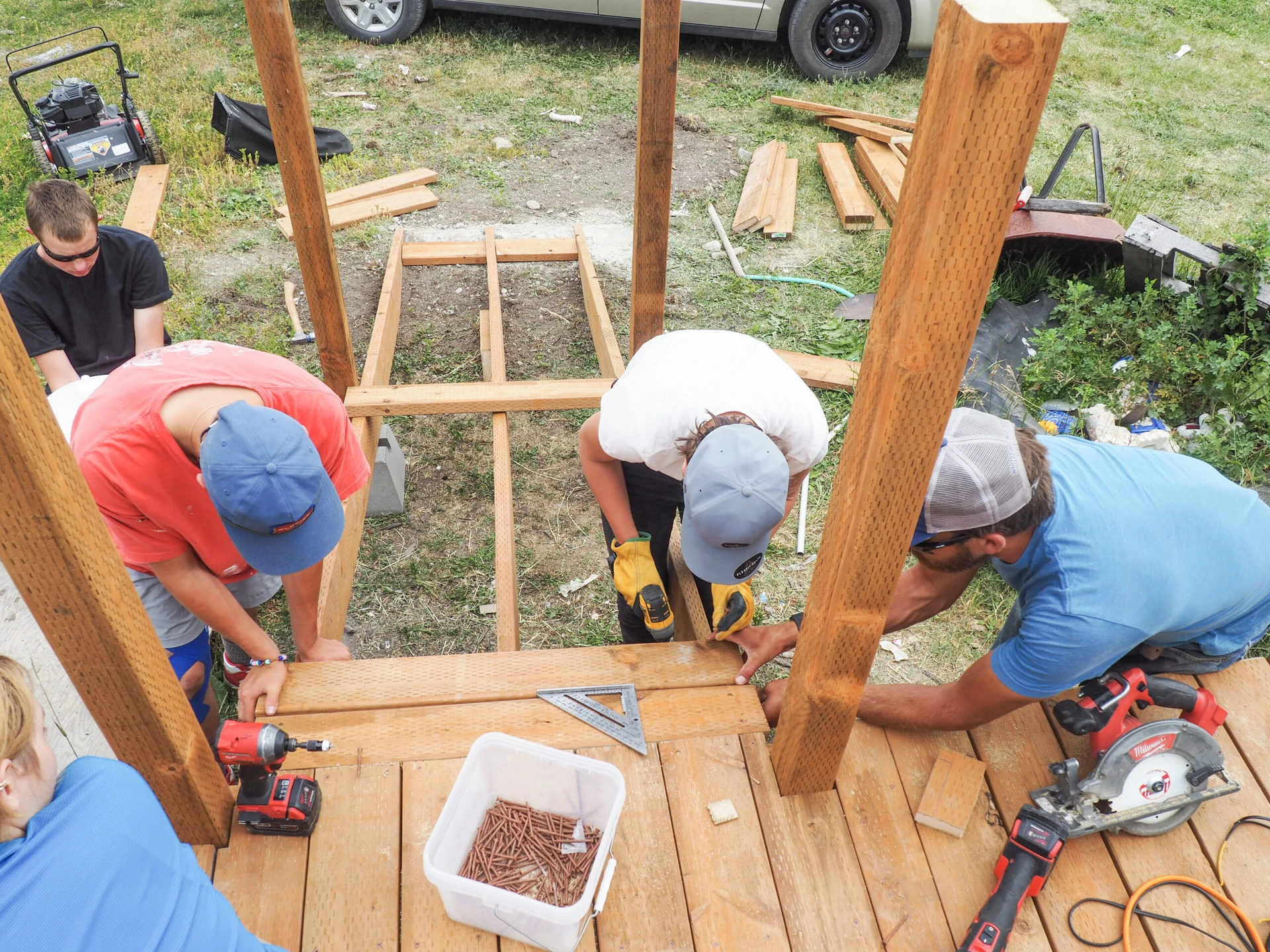
Reviews
“I loved my time with VISIONS so much and feel as though I am a much better person for having done it! I so admired all the leaders and made such sweet friendships in Montana that I know I will never forget. I will always cherish my time there and I feel so lucky to have been a part of such a wonderful experience.”
CHARLOTTE L.
“This trip was very life shaping for me and in all honesty I wanted to stay and never leave. The memories I made with the students I went with & the leaders we had will forever be in my heart. Everyday I wish I could go back. I didn’t know how much I needed an experience like this, to get away, meet new people, as-well as helping people and all while adventuring in an unfamiliar place. The service work we did felt very meaningful and it made me feel proud to have helped members of the community we were in.”
ASHLEY C.
“Thank you so much for your mentorship, leadership, and allowing me the opportunity to grow so much through the visions program. I can’t thank you enough for the impact you have had on my life, the growth I had and lessons I learned through the Blackfeet and through your program.”
TORIN Y.
Local spotlight
where you’ll live in montana
Local spotlight
where you’ll live in montana
Our homebase is the Yellow Bird Woman Sanctuary, a conservation ranch owned by the Blackfeet Indian Land Trust, located a few miles outside the main reservation town of Browning. Unobstructed views of Glacier National Park absorb us and we are mindful of our stewardship of the ranch’s rare ecosystem that includes one of the only glacial fen wetlands in the country.
Accommodations are basic but comfortable, and as part of our environmental responsibilities we are mindful of resources to minimize our impact. Read more about our Blackfeet home away from home.
VISIONS was originally invited to live at the ranch in the early 2000s by the late Elouise Cobell, a modern warrior for Indigenous justice whose impact lives on. We continue to live and work here in her honor, and in partnership with the Land Trust.
“With Elouise at the helm, they would bring the land back and by the following year accomplish something that had never been done before; formulate the first Land Trust in the country on an Indian Reservation.”
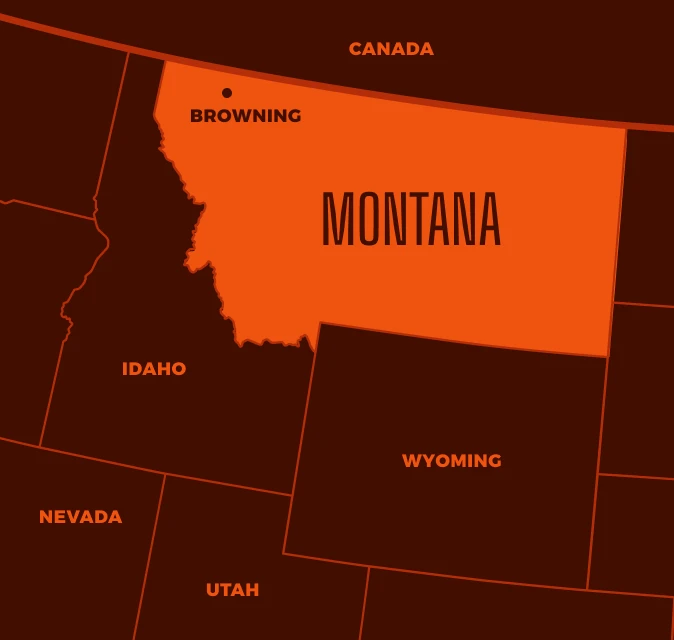
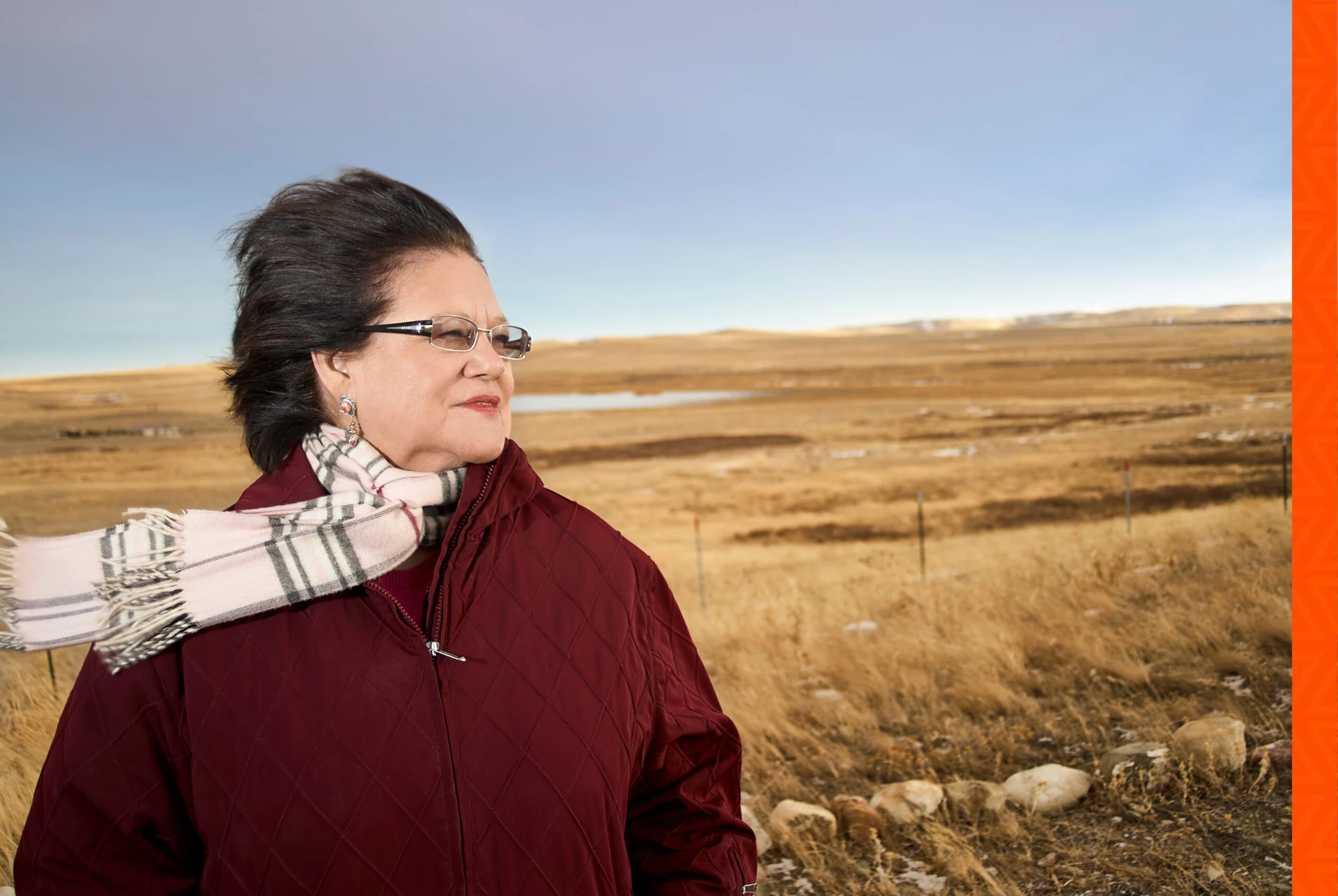
Local team spotlight
Elouise Cobell
Elouise Cobell, also known by her Blackfeet name Yellow Bird Woman, left an indelible impact on communities far and wide. Her story stands out in history as that of what President Obama called, “A Champion of Native American rights.” For VISIONS, she represents the model of an engaged citizen and she connected us to the land, history and community of the Blackfeet Nation in a profound way.
Related blog posts
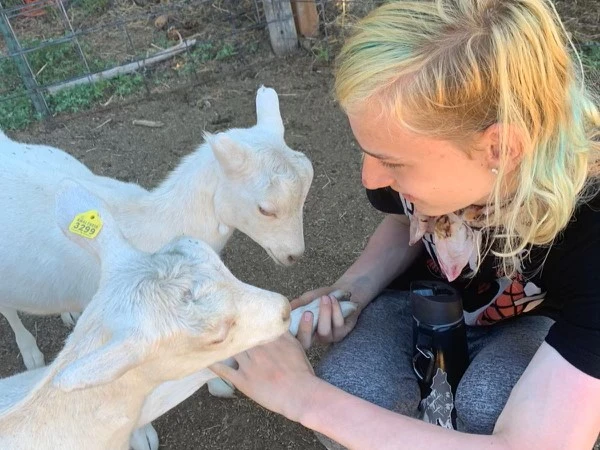
Animal Welfare, Environmental Integrity & What We Eat on VISIONS Programs
VISIONS is taking a careful look at the food we serve during our community service programs for high school students, and we aim to reduce our dependence on factory farm-based animal products by 75%.
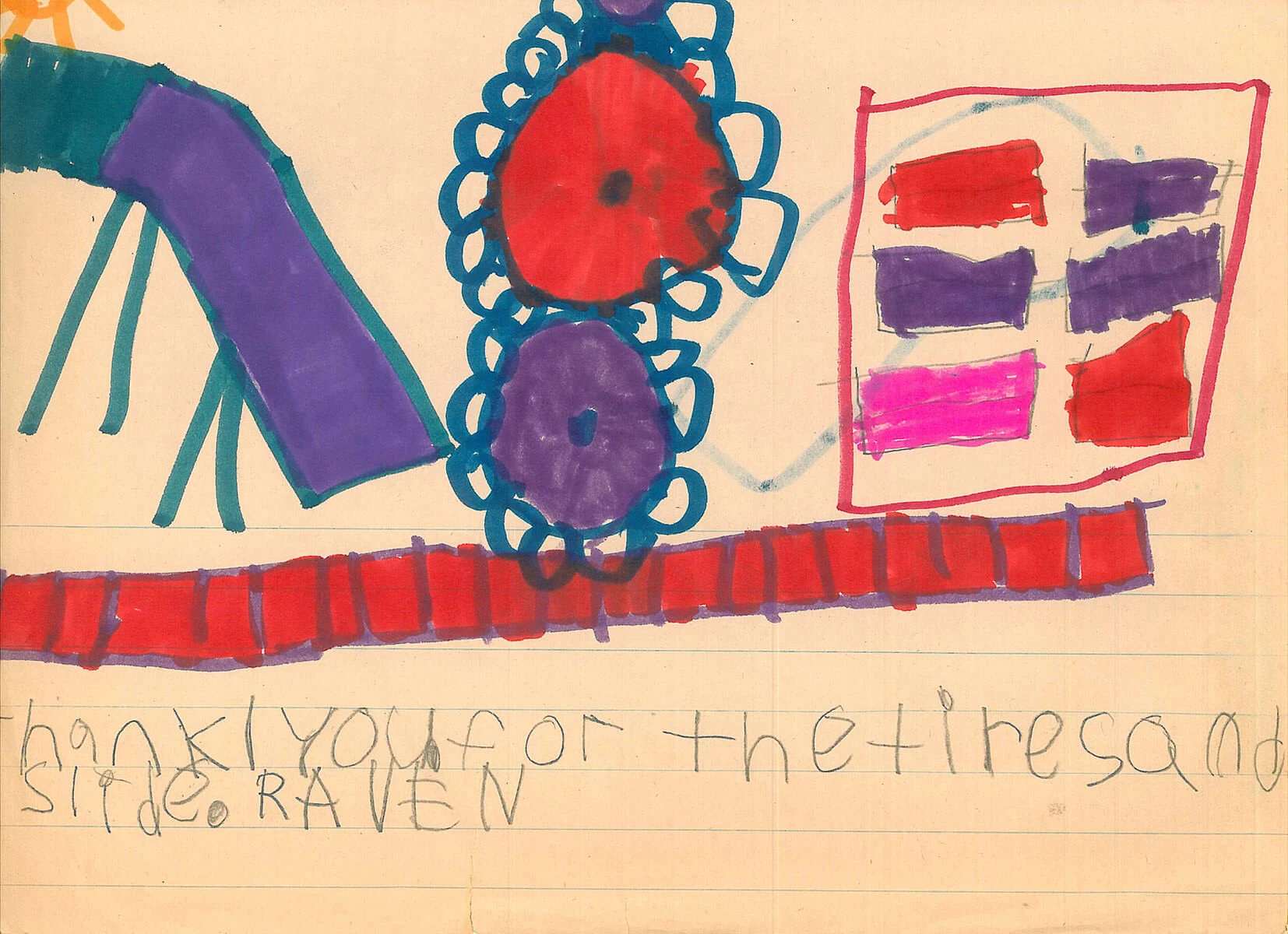
Reviews, Testimonials and Love Letters from Alumni
VISIONS teen summer programs have earned top reviews from students, parents, and even community members, reflecting years of meaningful experiences and positive impact.
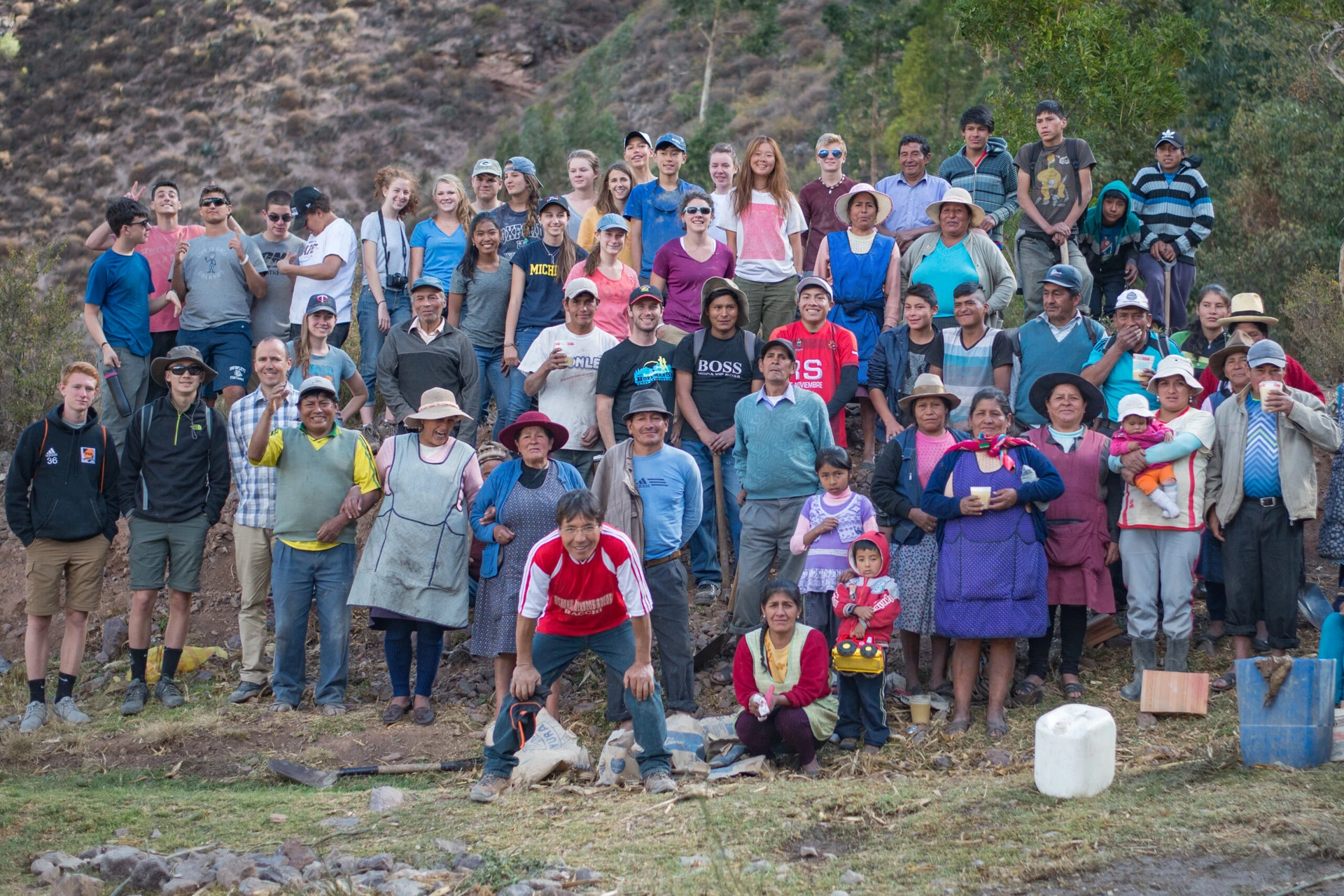
What is your VIA?
What is your VIA? At VISIONS, VIA means Vision, Impact, Action—helping teens discover their purpose, make a difference, and create lasting change through service.
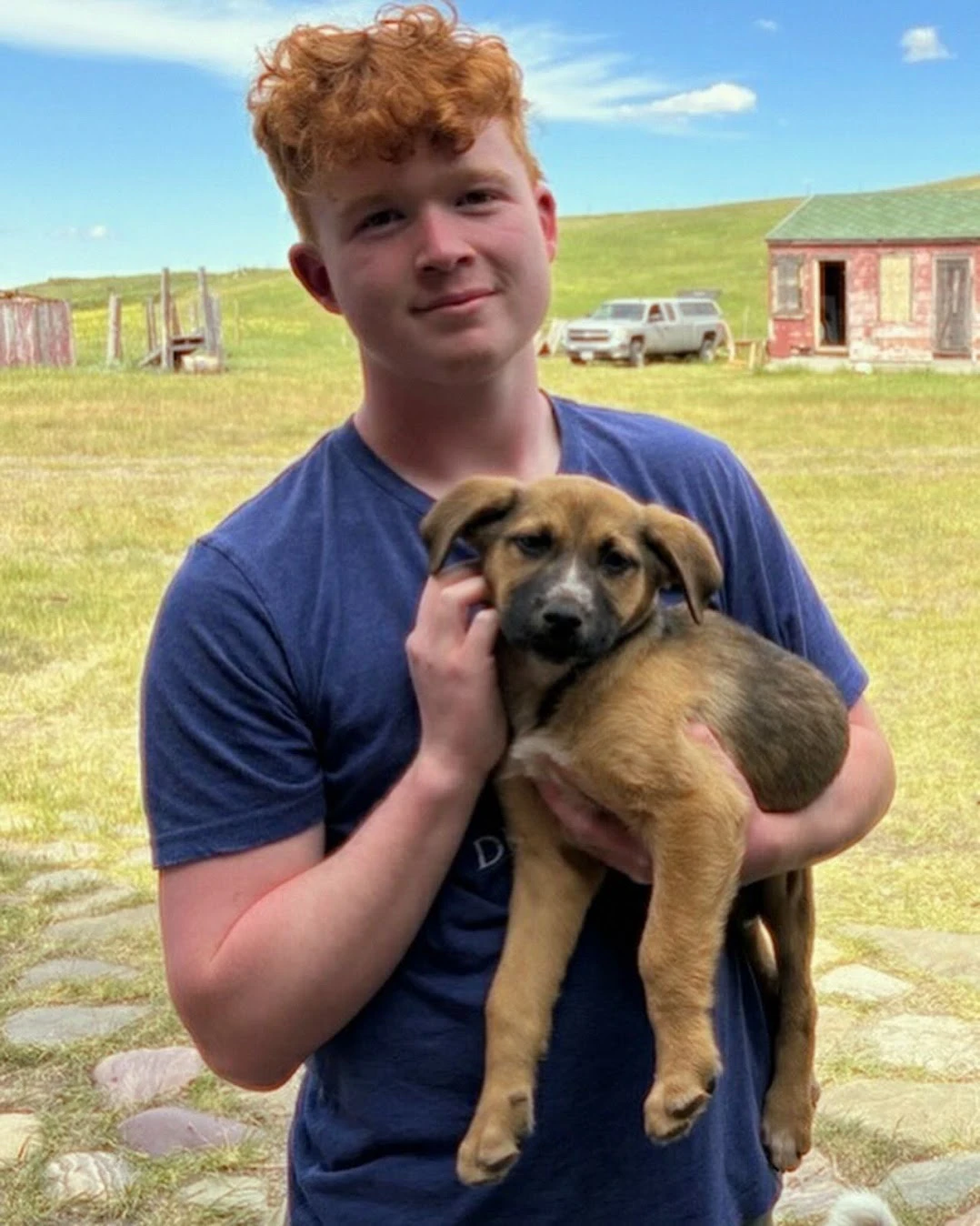
You’ve Been Adopted!
Animal welfare is an important aspect of VISIONS volunteer opportunities for high schoolers. On the Montana Blackfeet Indian Reservation, teens help foster these wonderful puppies and sometimes adopt them, bringing them to their new forever home!

